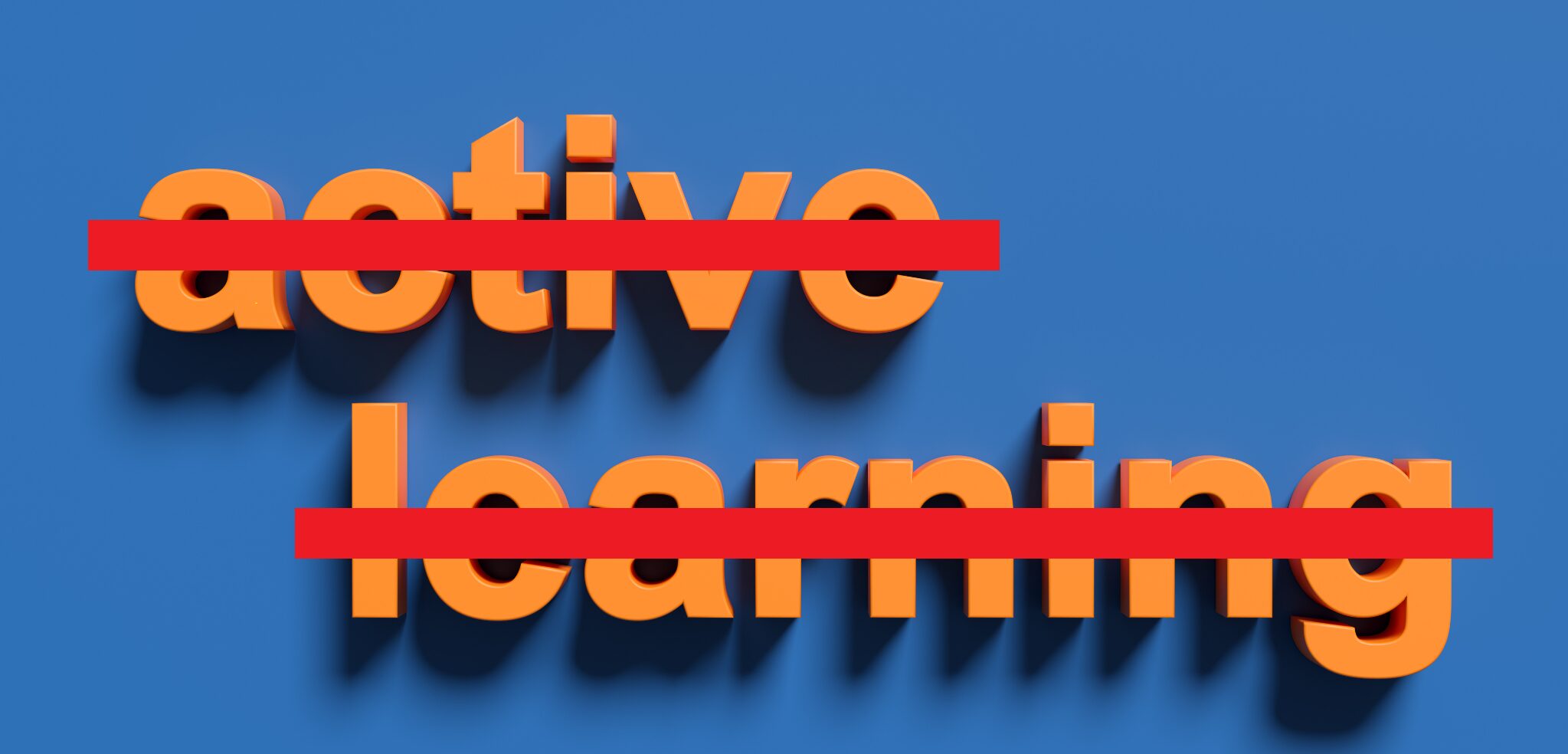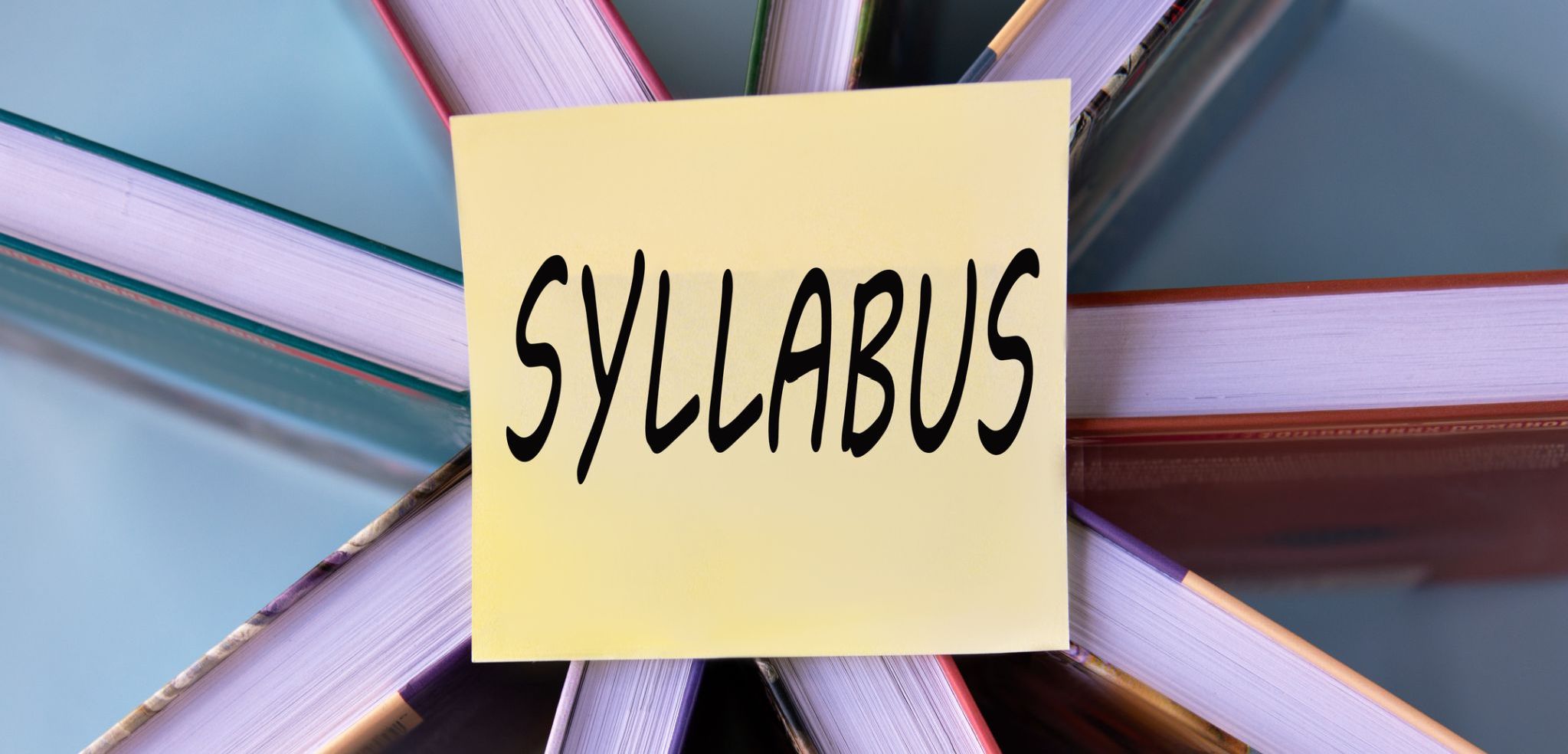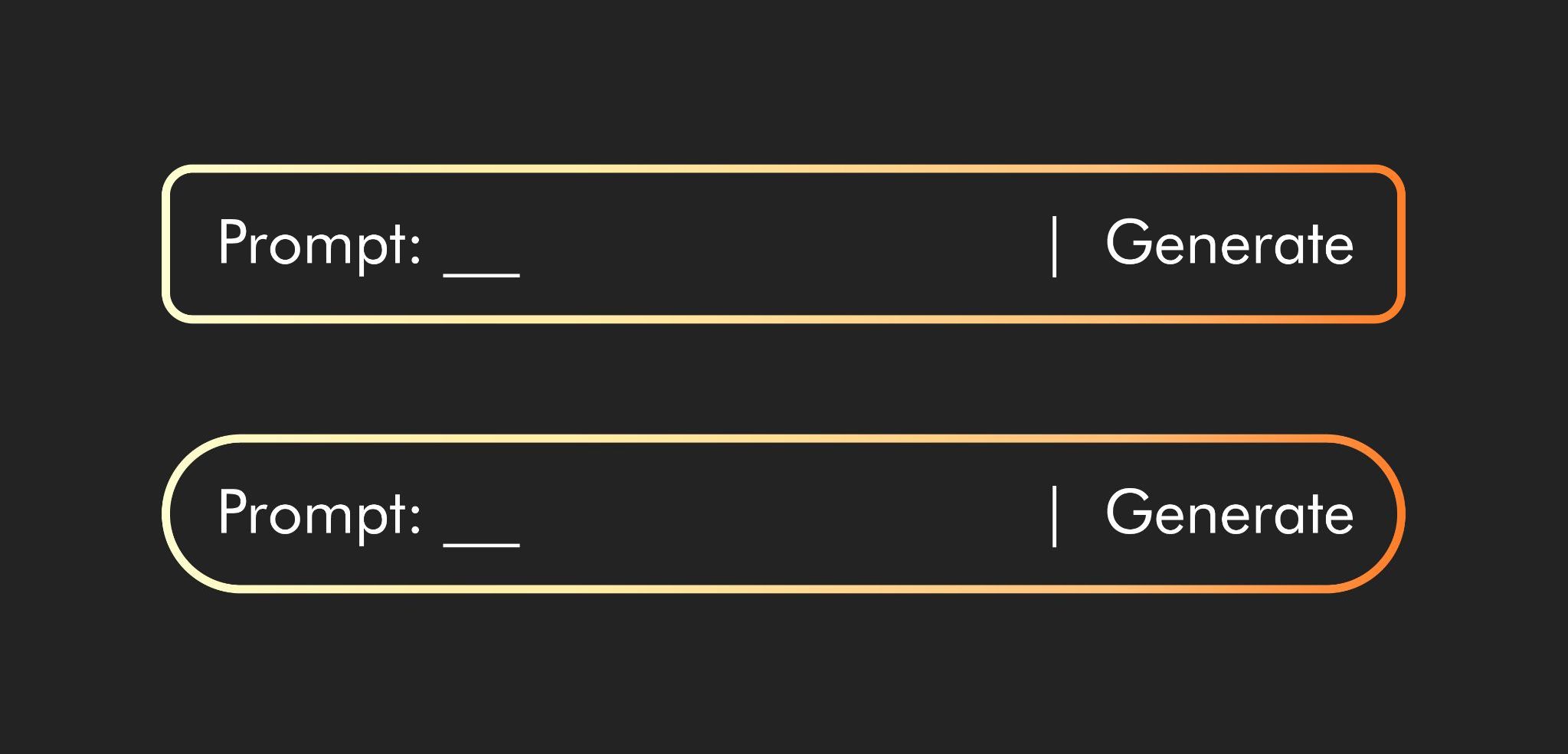
Tips for Creating a More Inclusive Syllabus
According to the National Center for Education Statistics’ (2019) most recent data, 24 percent of college students are first in
January 2025



January 20, 2025 | By Stephen L. Chew
January 20, 2025 | By Teresa A. Fisher






“To think incisively and to think for one’s self is very difficult. We are prone to let our mental life become invaded by legions of half truths, prejudices, and propaganda. . . . Education must enable one to sift and weigh evidence, to discern the true from the false, the real from the unreal, and the facts from the fiction.
“The function of education, therefore, is to teach one to think intensively and to think critically. But education which stops with efficiency may prove the greatest menace to society. The most dangerous criminal may be the man gifted with reason, but with no morals. . . .
“We must remember that intelligence is not enough. Intelligence plus character—that is the goal of true education.”—Martin Luther King Jr., “The Purpose of Education” (1947)

According to the National Center for Education Statistics’ (2019) most recent data, 24 percent of college students are first in

Mental health concerns have emerged as a heightened concern, gaining recognition among faculty members and becoming an integral aspect of

Whenever a restaurant asks him for a credit card to schedule a reservation, New York Times food critic Pete
WELCOME OFFER
$19.95 $14.95/month
Billed as $14.95 every month for your first 6 months, then $19.95 thereafter. Cancel or pause anytime.
WELCOME OFFER
$19.95 $14.95/month
for your first 6 months.
$19.95 a month thereafter. Cancel or pause anytime.
Gain access to limited free articles, news alerts, and select newsletters